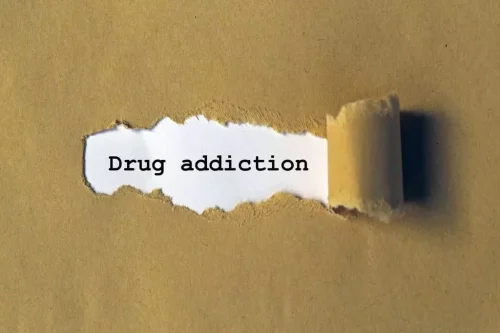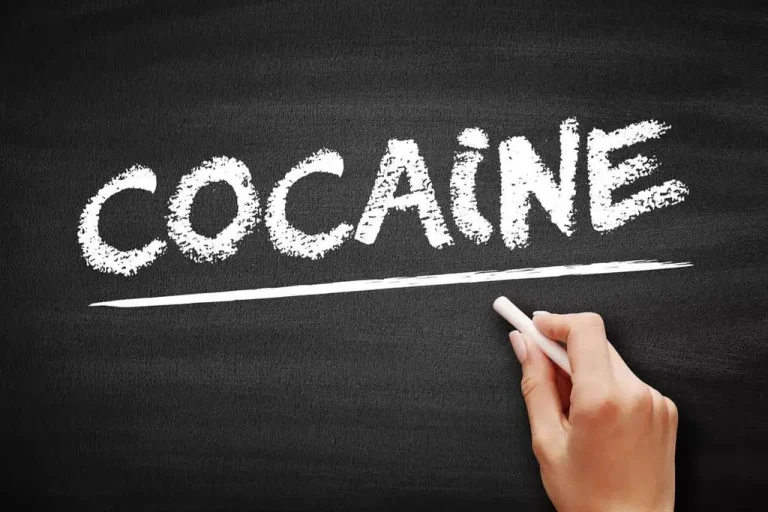
Theories suggest that for certain people drinking has a different and stronger impact that can lead to alcohol use disorder. If your pattern of drinking results in repeated significant distress and problems functioning in your daily life, you likely have alcohol use disorder. However, https://ecosoberhouse.com/article/5-tips-of-how-to-maintain-recovery-motivation/ even a mild disorder can escalate and lead to serious problems, so early treatment is important. Alcohol use disorder is a pattern of alcohol use that involves problems controlling your drinking, being preoccupied with alcohol or continuing to use alcohol even when it causes problems.
What is considered 1 drink?
- People experiencing a depressive episode may have trouble getting out of bed in the morning due to a lack of energy, fatigue, and a loss of motivation.
- Others use alcohol to cope with psychological issues or stress in their daily lives.
- Read on to learn how to tell the difference between alcohol dependence and alcoholism.
- It’s not always easy to tell when occasional or moderate alcohol use becomes alcohol abuse or addiction.
- Treatment can help people control their cravings and live with their altered brain cells.
While alcohol abusers drink irresponsibly, they usually can avoid drinking because they need to be sober for a specific reason or situation. The terms sound synonymous, but they actually have different meanings. A health care provider might ask the following questions to assess a person’s symptoms.

The Importance Of Sleep During Recovery

Our free email newsletter offers guidance from top addiction specialists, inspiring sobriety stories, and practical recovery tips to help you or a loved one keep coming back and staying sober. An alcohol assessment will give you a quick idea of whether you or your loved one should seek help. However, if abuse has become a dangerous pattern, distinguish between alcohol abuse and alcoholism a person may need more intensive treatment. There are several forms of abuse, with varying degrees of drinking with each. Unlike diseases that are linked to a specific, defective gene, such as cystic fibrosis, depression is more likely to be linked to several genes. The higher your BAC level, the higher your chance of alcohol poisoning.

Behavioral treatments
These treatments can help people reduce how much they drink or stop drinking altogether. With ongoing support and treatment, though, many people can manage their drinking and live healthier lives. Alcoholism can vary in how bad it is – it can be mild, moderate, or severe.

